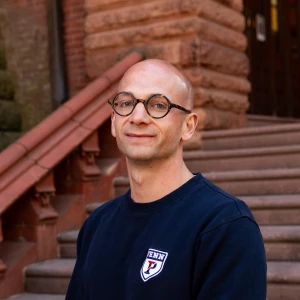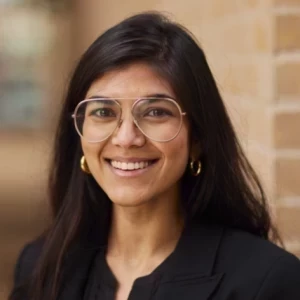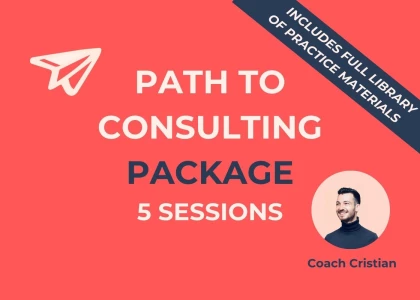Someone in my target MBB office (Bain, if it matters) told me cases are often “less structured” in the second round.
What does this mean in practice? How do I prepare for it?
Someone in my target MBB office (Bain, if it matters) told me cases are often “less structured” in the second round.
What does this mean in practice? How do I prepare for it?


Well, that may or may not be true based on the interviewer.
In practice, what happens is that senior interviewers are less likely to stick to the traditional case format or the sample cases that are provided by HR.
They tend to give their own cases, or even come up with cases on the spot.
Some skip the whole case and just give you a market sizing question.
If I tell you to prepare for uncertainty that won't be very helpful, so instead I'll give you some examples of cases from McKinsey that are rather atypical:
Also, sharing here a few dimensions on which final rounds are different from first round interviews:
Best,
Cristian
———————————————
Practicing for interviews? Check out my latest case based on a first-round MBB interview >>> SoyTechnologies
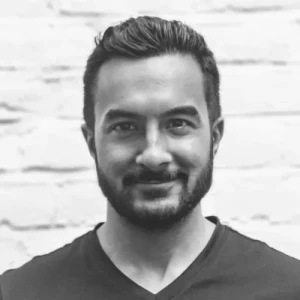
When someone mentions that cases are "less structured" in the second round, it typically means that the cases may have a more open-ended or ambiguous nature compared to the first round.
In practice, this means that the case prompts may not provide as much guidance or structure as you might have experienced in the first round. You may be given a broader business problem or a real-life scenario without a clear framework or set of questions to follow. This is done to assess your ability to think critically, analyze complex situations, and develop your own approach to problem-solving.
To prepare for these types of cases, I recommend focusing on the following:
Develop a flexible mindset: Embrace ambiguity and practice thinking on your feet. Train yourself to approach problems from different angles and consider multiple perspectives.
Strengthen your business acumen: Stay updated on current business trends, industry news, and market dynamics. This will help you contextualize the case and make informed decisions.
Practice structuring your thoughts: While the cases may be less structured, it's still important to organize your thinking. Work on developing a logical and coherent framework that allows you to break down complex problems into manageable parts.
Enhance your creativity: Think outside the box and explore innovative solutions. Bain values creativity and the ability to generate unique insights, so practice brainstorming and generating creative ideas.
Practice with real-life cases: Work on solving cases that resemble the types of challenges you might encounter in the second round. Look for cases that require you to think critically, make strategic recommendations, and navigate through ambiguity.
Remember, the key is to demonstrate your ability to think analytically, communicate your thoughts effectively, and adapt to different case formats. By preparing for the less structured nature of the second round cases, you'll be well-equipped to showcase your problem-solving skills. Best of luck with your preparation!

Hi,
Sharing my perspective having been an interviewer and part of the recruiting team at BCG.
At BCG, interviews have a defined guideline and literally ‘structure’ - meaning the arrangement/flow of the interview
2nd round interviews are often done by partners. This means that sometimes they don't always follow the guidelines strictly. Several things could happen
Bottomline is - don't anticipate. If you have strong fundamentals, you will be able to approach any type of question in any format. The skills/abilities do not differ simply because of less ‘structure’.
All the best!

Hi there,
It's true that there's a tendency for shorter prompts in final round interviews that have the appearance of being ‘unstructured’ and are often based on opportunity rather than problem. The key is to define the opportunity, which then allows you to add structure i.e., a plan to work through and unlock the opportunity. If you don't do this, you don't have a case!
============================
CLASSIC EXAMPLE:
Imagine you're going for a walk and find a living and breathing dinosaur on the side of the road. What do you do?
This case style is actually quite ‘typical’ for Partner cases, where the Partner couldn't be bothered to prepare a real case… It's lacking structure due to being very short and it's not really giving away any success criteria.
============================
APPROACH:
As mentioned above, these cases often don't present so much of a problem, rather than opportunity. However, the opportunity is completely undefined. Whenever there's no success criteria and/or specific metrics, you can and should establish them with a green light from the interviewer. Think of this as an ‘opportunity statement’. From then on, it's your show because you can take it in any direction.
What follows is a matching framework and you basically following the same approach as you would with any other case.
============================
EXAMPLE:
If your goal is to maximize the scientific value from the dinosaur, your approach will be different compared to wanting to maximize the enormous monetary opportunity this presents. The interviewer won't care so much, so long as you come up and follow through an approach that matches the opportunity statement.
The opportunity statement could also be two-fold e.g., maximize monetary value as primary goal and maintain the well-being secondary goal. Just don't make it too complicated for your own sake.
============================
Hope this helps a bit. Best of luck!
Moritz
~~~~~~~~~~~~~~~~~~~~~~~~~~~~
>> Need a senior McKinsey coach? See my profile in a nutshell
>> Need real McKinsey cases? See two real examples with Zero Carbon Mine (hard) & Car Convenience (Intermediate + brand new)

Hi there,
First of all, congratulations on the progress in the application process with Bain thus far!
I would be happy to share my thoughts on your question:
You can find more on this topic here: How to succeed in the final interview round.
If you would like a more detailed discussion on how to best prepare for your upcoming interviews, please don't hesitate to contact me directly.
Best,
Hagen
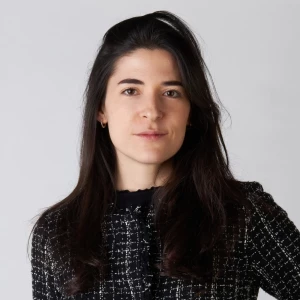
Hi there,
Ex-Bain here, ready to help!
As the 2nd round interviews are normally done by partners, as others were anticipating, it is more common to receive unconventional cases and questions. For instance, in my last interview at Bain one of the partner just drew 4 graphs and asked me to explain what they meant and how they would related one to the other.
Hence, I would suggest you to:
Feel free to write me if you need any help,
Best of luck,
Francesca

Hi there,
Basically, be ready for anything. Any industry, any case type, and any flow (lots of charts, no charts, etc.).
The is a higher chance that they are unconventional and that the interviewer introduces brainstorming or questions your thinking.
The best prep is coaching. But, short of that, here's some reading to help:
https://www.preplounge.com/en/articles/how-to-shift-your-mindset-to-ace-the-case
https://www.preplounge.com/en/articles/pitfalls-case-interview-preparation
https://www.preplounge.com/en/articles/dos-and-donts-in-a-case-interview
https://www.preplounge.com/en/articles/candidate-led-cases-what-to-expect-and-example-cases

Hi there,
Second round interviewers are senior consultants (typically Partners). They have their own style to run the interview. While the interview format is the same (fit + case) and the dimensions they evaluate are also the same, they might be less structured in their questions and would value top down and clear communication.
Being pragmatic, second round interviews may feel more like a conversation than an interview itself. You should prepare exactly the same way as the others and be flexible to accommodate to the interviewer style.
Good luck!
—
Check out my latest case based on a real MBB interview: Sierra Springs

It’s correct. more experienced interviewers are very quick in pressure testing and may focus on evaluation dimensions where you scored below the bar prior or where a spike needs to be reconfirmed. for you it may feel like the interviewer is jumping more quickly between case parts or may abruptly change focus. It’s normal nothing to worry.
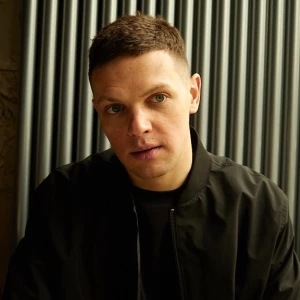
Hey,
The 2nd round interviews usually pay closer attention the FIT part, as partners need to access your general eligibility to work at the firm.
Although I wouldn't expect that the case is going to be necessarily less structured or easier in any way. You still need to be prepared for everything (any industry / any problem type / any format).
Good luck!
Nick


